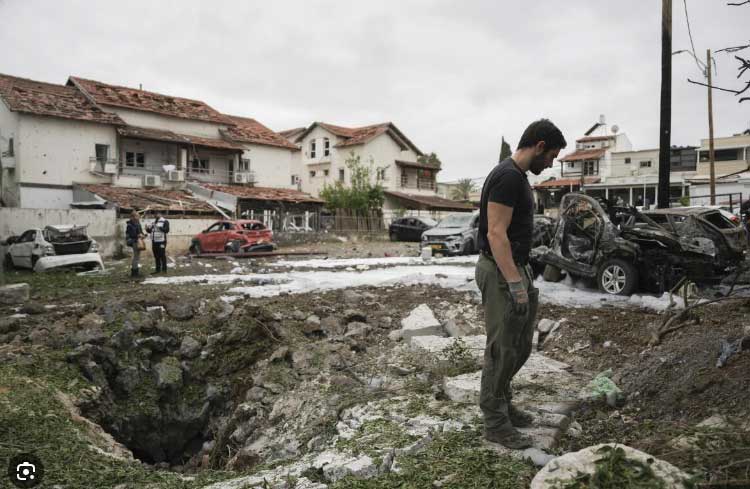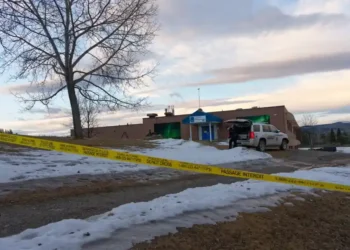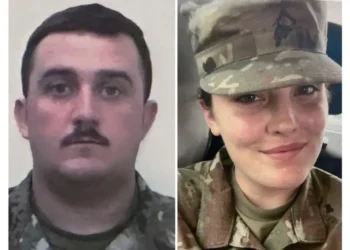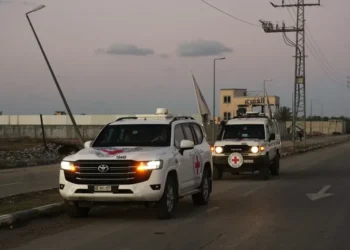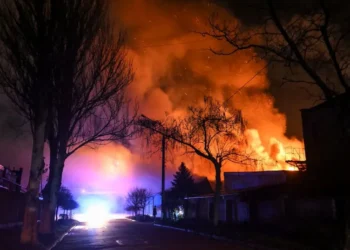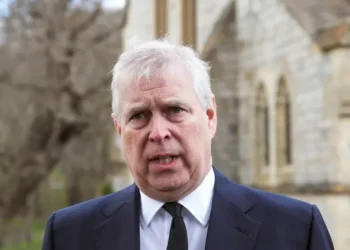Hezbollah Launches Heavy Rocket Barrage Into Israel Amid Escalating Conflict
BEIRUT (AP) — On Sunday, Hezbollah fired at least 185 rockets and other projectiles into Israel, marking its heaviest attack in days. The barrage wounded seven people and came in response to deadly Israeli airstrikes on Beirut, even as efforts to negotiate a cease-fire continued.
An Israeli airstrike also hit a Lebanese army center on the southwestern coastal road between Tyre and Naqoura, killing one soldier and wounding 18 others, according to Lebanon’s military. Israel expressed regret for the incident, stating the strike occurred in an area of combat with Hezbollah and was not intended to target Lebanese forces. The incident is under investigation.
Since the conflict between Israel and Hezbollah began, Israeli strikes have killed over 40 Lebanese soldiers, despite Lebanon’s military largely remaining on the sidelines of the fighting.
Lebanon’s Reaction
Caretaker Prime Minister Najib Mikati condemned the strike on the Lebanese army as a direct blow to U.S.-led cease-fire efforts. He described it as a “bloody message rejecting all ongoing attempts” to end the war.
Hezbollah’s Attacks and Israeli Retaliation
Hezbollah’s attacks, including rockets, missiles, and drones, began after the October 7, 2023, Hamas assault from Gaza. The group claims these actions are acts of solidarity with Palestinians and Hamas, both of which are supported by Iran.
Israel has launched numerous retaliatory strikes, including significant attacks in September that escalated the conflict into full-scale war. These strikes killed Hezbollah’s leader Hassan Nasrallah and several senior commanders.
On Sunday, some of Hezbollah’s projectiles were intercepted by Israel’s defense systems, but others caused injuries and damage:
- A 60-year-old man in northern Israel was severely injured.
- A 23-year-old man in Petah Tikva suffered minor wounds.
- A 70-year-old woman in the same city suffered smoke inhalation when her car caught fire.
- A rocket strike in Haifa hit a residential building, leaving it at risk of collapse.
Israeli sirens sounded throughout central and northern regions as new attacks unfolded.
Impact of Israeli Airstrikes on Lebanon
Israeli airstrikes without prior warning on Saturday hit central Beirut, killing at least 29 people and wounding 67, according to Lebanon’s Health Ministry. On Sunday, smoke rose again over Beirut as new strikes targeted Hezbollah command centers in the southern Dahiyeh suburb.
The ongoing conflict has devastated Lebanon:
- Over 3,700 deaths and more than 1.2 million displaced, about a quarter of the population, according to the Health Ministry.
- On the Israeli side, approximately 90 soldiers and nearly 50 civilians have been killed since the conflict began. Around 60,000 Israelis have been displaced from northern areas.
International Efforts to Broker Peace
U.S. envoy Amos Hochstein has spent months attempting to mediate a cease-fire, while the European Union’s top diplomat, Josep Borrell, urged both sides on Sunday to finalize an agreement.
Borrell met with Lebanese leaders, including Prime Minister Mikati and Parliament Speaker Nabih Berri, a Hezbollah ally. The EU has pledged €200 million ($208 million) to support Lebanon’s military, which could deploy additional forces to the south if a truce is reached.
An emerging agreement would align with a U.N. Security Council resolution from 2006, requiring Hezbollah and Israeli forces to withdraw from southern Lebanon below the Litani River. The Lebanese army, supported by U.N. peacekeepers, would patrol the area.
Despite its symbolic role as a unifying national institution, Lebanon’s military lacks the capacity to confront Hezbollah or deter Israeli military actions. As the conflict escalates, the international community continues to press for a resolution to prevent further devastation.
This article was rewritten by JournosNews.com based on verified reporting from trusted sources. The content has been independently reviewed, fact-checked, and edited for accuracy, neutrality, tone, and global readability in accordance with Google News and AdSense standards.
All opinions, quotes, or statements from contributors, experts, or sourced organizations do not necessarily reflect the views of JournosNews.com. JournosNews.com maintains full editorial independence from any external funders, sponsors, or organizations.
Stay informed with JournosNews.com — your trusted source for verified global reporting and in-depth analysis. Follow us on Google News, BlueSky, and X for real-time updates.
